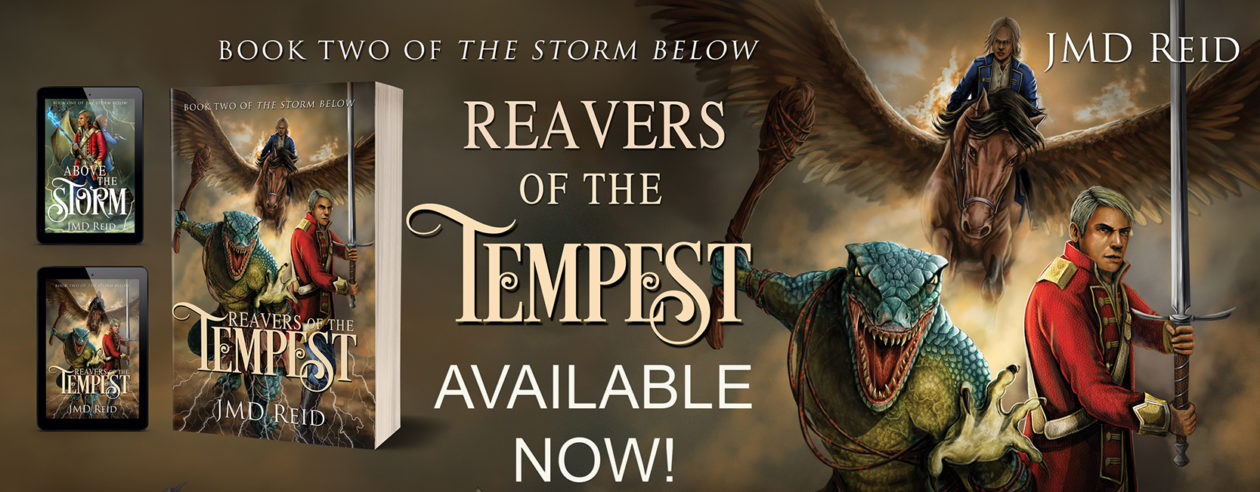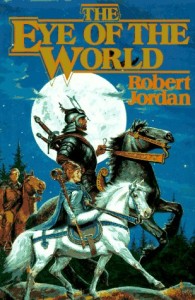 Every book you read can teach you something to help improve your writing from pitfalls to avoid to examples to follow, and in this series of blog posts I’m going to talk about the authors that have had the most impact on me and my writing, and what I took away from them. This week is Robert Jordan
Every book you read can teach you something to help improve your writing from pitfalls to avoid to examples to follow, and in this series of blog posts I’m going to talk about the authors that have had the most impact on me and my writing, and what I took away from them. This week is Robert Jordan
It was a sad day when I found out Robert Jordan had passed away after fighting cardiac amyloidosis in September of 2007. I, like many fans of Fantasy, had become immersed in the Wheel of Time. From Christmas of 1993 when I received the first two books, ‘The Eye of the World’ and ‘The Great Hunt’, as gifts from my mom, I had been hooked on the world. I spent the two year gaps between books going on the now defunct Wotmania reading theories and obsessing over cryptic prophecies and vague fortellings, all to try and figure out just how Robert Jordan planned on finishing the series. I had my grand theory, some were right, and others were very wrong.
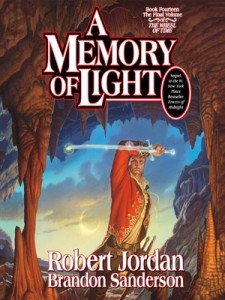 Robert Jordan knew how to foretell and plant Chekhov’s guns like no man. Now that the entire series has been released, finished by Brandon Sanderson and Jordan’s widow, you can see plot threads set up in the early books that only pay off in the final chapters. It’s astonishing. There are thirteen books, big books, door-stopping books, that are meshed together brilliantly. From this carefully and meticulously constructed books, I learned about the amazing power of foreshadowing.
Robert Jordan knew how to foretell and plant Chekhov’s guns like no man. Now that the entire series has been released, finished by Brandon Sanderson and Jordan’s widow, you can see plot threads set up in the early books that only pay off in the final chapters. It’s astonishing. There are thirteen books, big books, door-stopping books, that are meshed together brilliantly. From this carefully and meticulously constructed books, I learned about the amazing power of foreshadowing.
No one likes deus ex machina. It’s never satisfying when the solution for a problem comes out of left field. Now when you can plant all the seeds that blossom into your climax, tens or hundreds of pages earlier (and in Jordan’s cases, thousands of pages), you’ve rewarded the careful reader who caught all the little breadcrumbs, and while they didn’t understand the trail they are following, when they get to see it in all come together, they feel rewarded. They tell their friends about his amazing ending, urging them to read it.
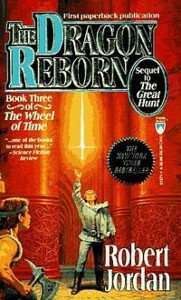 Foreshadowing was the first lesson I learned from Robert Jordan, but the second lesson has had the most impact on my writing—limited POVs. The unreliable narrator. Robert Jordan’s limited, third-person narrative seems to have a lot of impact on the Fantasy genre. Whether Jordan’s responsible, or just one of the earliest to adopt this, it seems to have taken over the genre. Why? Because it works. Limited third person lets you delve deep into a characters thoughts, almost as deep as first person, allowing the reader to experience the world through the character’s senses, coloring them with their thoughts and prejudiced. And misunderstandings.
Foreshadowing was the first lesson I learned from Robert Jordan, but the second lesson has had the most impact on my writing—limited POVs. The unreliable narrator. Robert Jordan’s limited, third-person narrative seems to have a lot of impact on the Fantasy genre. Whether Jordan’s responsible, or just one of the earliest to adopt this, it seems to have taken over the genre. Why? Because it works. Limited third person lets you delve deep into a characters thoughts, almost as deep as first person, allowing the reader to experience the world through the character’s senses, coloring them with their thoughts and prejudiced. And misunderstandings.
So why not write in first person? For a very focused and intimate story examining a single character, first person excels, but if your trying to tell a story with multiple characters sharing the limelight, first person is not quite as good. It can be confusing to the reader whose thoughts there. Third person limited can maintain that feel of first person, while still giving readers enough outside references, such as blatantly stating the character’s name, to clue the reader in. Of course, if you are extremely confident in your first person skills, feel free to write a story with multiple, first person POV’s interwoven together.
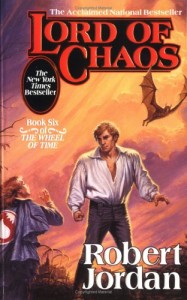 Jordan’s limited, third person, unreliable narrator has the biggest impact on my writing. I find myself drawn to the style, writing my POV’s firmly locked into one character’s head and not skipping about every few paragraphs or staying wholly remote from the entire mess. I prefer the way it lets you intimately know a character while allowing plenty of opportunities for obfuscation and misdirection to keep your readers guessing at the secrets you’re hiding in your plot.
Jordan’s limited, third person, unreliable narrator has the biggest impact on my writing. I find myself drawn to the style, writing my POV’s firmly locked into one character’s head and not skipping about every few paragraphs or staying wholly remote from the entire mess. I prefer the way it lets you intimately know a character while allowing plenty of opportunities for obfuscation and misdirection to keep your readers guessing at the secrets you’re hiding in your plot.
Foreshadow and strong characterization is what I learned from Robert Jordan. Don’t cheat your readers with a deus ex machina ending and let them come to know and love your characters as much as you do, and you’ll find yourself with a loyal fan base that cares about your work as much as you do.
